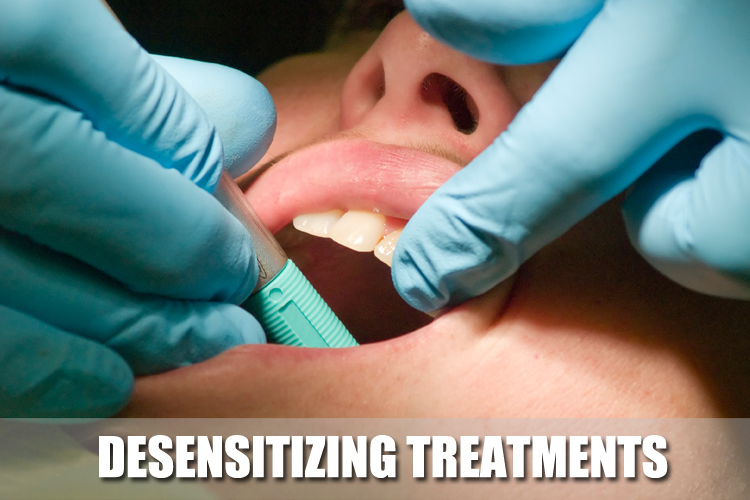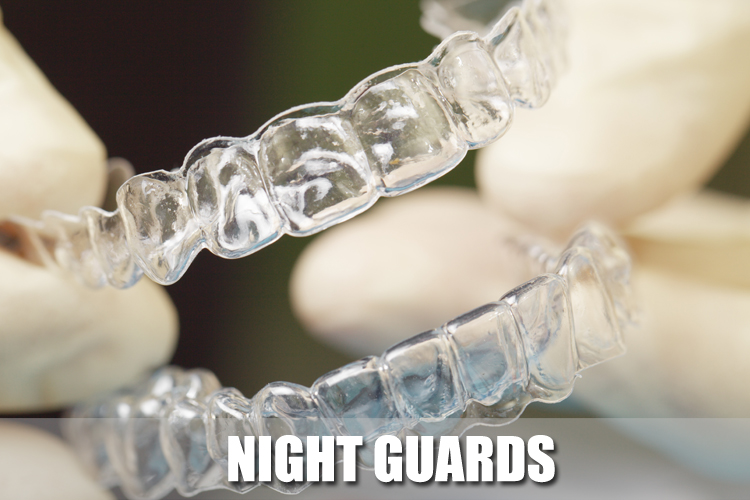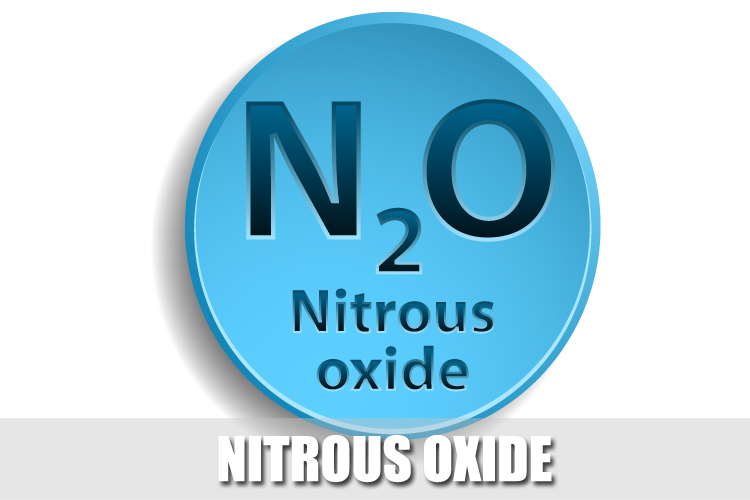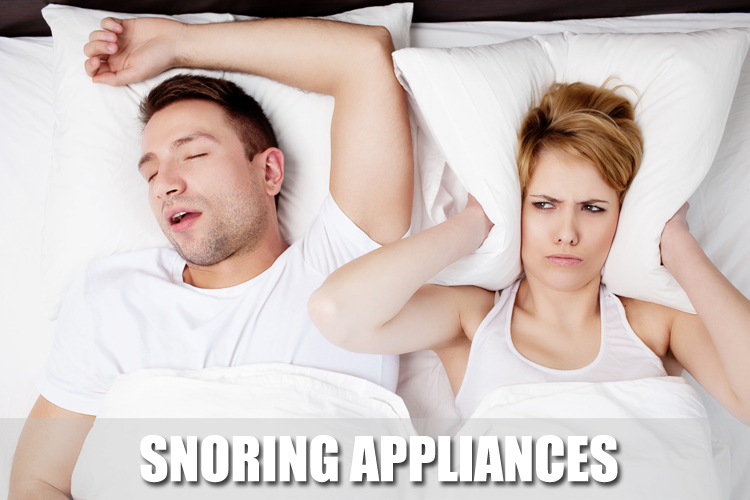Dr. Dyer Family Dentistry Preventative Services
Please click on the preventative service you are interested in for more information.

Are you experiencing sharp sensation when your teeth or tooth comes into contact with hot or cold liquids? You are suffering from dentinal hypersensitivity. This can be caused by a broken or chipped tooth as well decay. Excessive bleaching also causes this condition.
Depending on what is causing the sensitivity, the dentist will recommend a from several choices;
- Desensitizer – This is a solution that seals the microscopic sores of the teeth. The solution can be dispensed from a bottle and spread with a fine brush, or dispensed with a syringe. Many of the desensitizing solutions contain potassium nitrate and fluoride.
- Root canal – This is for serious sensitivity cases. The dentist will have to reach into your tooth’s dental pulp and apply a desensitization agent.
- Gum grafting – Sensitivity might be caused by loss of gum. In this case, the dentist will surgically take some gum tissue from elsewhere in your mouth and graft it onto the affected surface.
- Desensitizing toothpaste – for mild sensitization, the dentist may recommend daily tooth brushing with a desensitizing toothpaste

Excessive grinding and clenching of teeth can be damaging to teeth. Teeth can wear out faster and become broken. In many cases, Involuntary grinding and clenching of teeth occurs during sleep but the condition can also affect some people in daytime. The dentist may recommend putting on a mouth guard to prevent damaging the teeth. Guards worn during sleep are called night guards to distinguish them from sports mouth guards.
There are different kinds of night guards according to the severity of grinding and clenching
Severe – This calls for a heavy duty night guard. These are usually 2-3 mm thick rigid acrylic pieces that can last 2-5 years
Moderate – The night guard recommended will be 2-3 mm but made of a hybrid acrylic where the inner part is softer than the outer surface
Light – The recommended night guard here is 2 mm and made of light rubber mainly for preventing pain from clenching

For many people especially children, a visit to the dentist are usually scary. To calm you the dentist will have a sedative and administer anesthesia to eliminate pain during the dental operation. Nitrous oxide also known as laughing gas is a sedative that is usually administered to children during dental inspection and operations.
The nitrous gas is mixed with oxygen and delivered via a nose mask that allows the child to talk and breathe freely. The child will experience a relaxed happy feeling and some tingling in the feet. After the operation, the mask is taken off and the gas wears off rapidly.
Nitrous oxide is the preferred sedative for light operations as it is easy to administer, safe and allows the patient to remain fully conscious.

Severe snoring during sleep or sleep apnea is associated with closed airways during sleep. This can be corrected by use of devices that keep the airway clear. One of these devices is the tongue retraining device. This holds the tongue down during sleep keeping the airway clear.
A mandibular advancement device is also used. It looks just like a mouth guard but works by keeping the lower jaw down and keeping the airways open for easier breathing.


